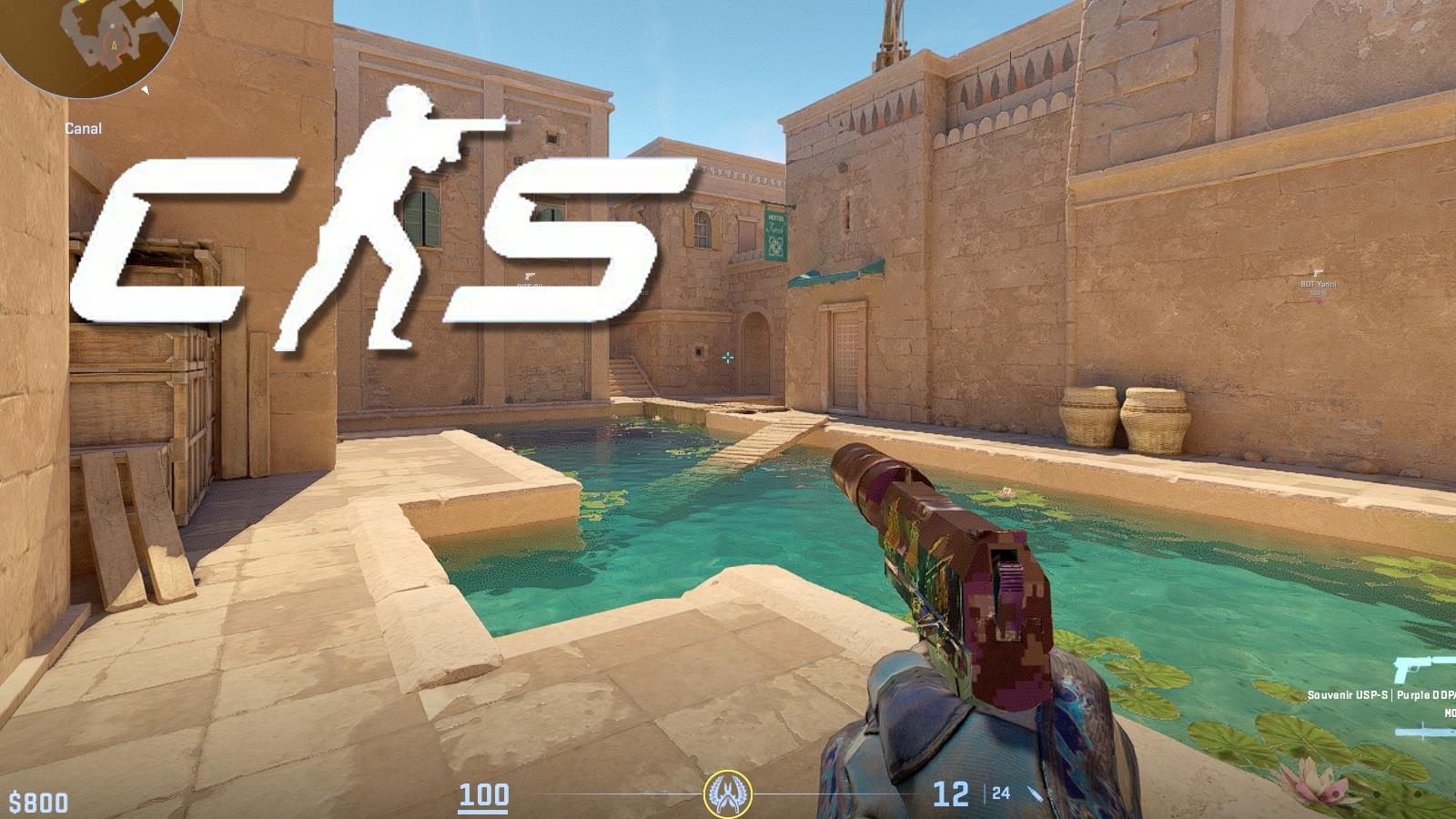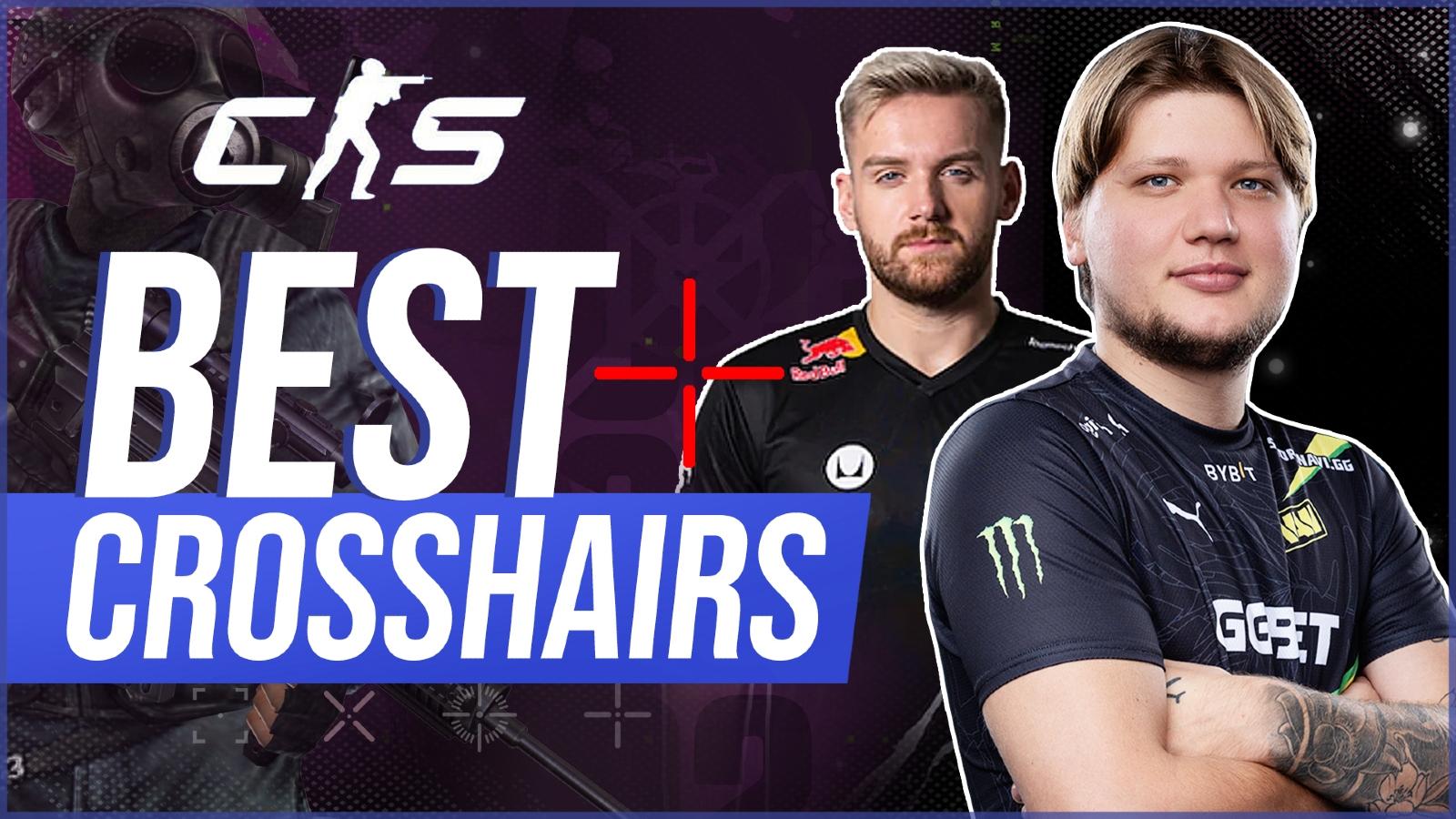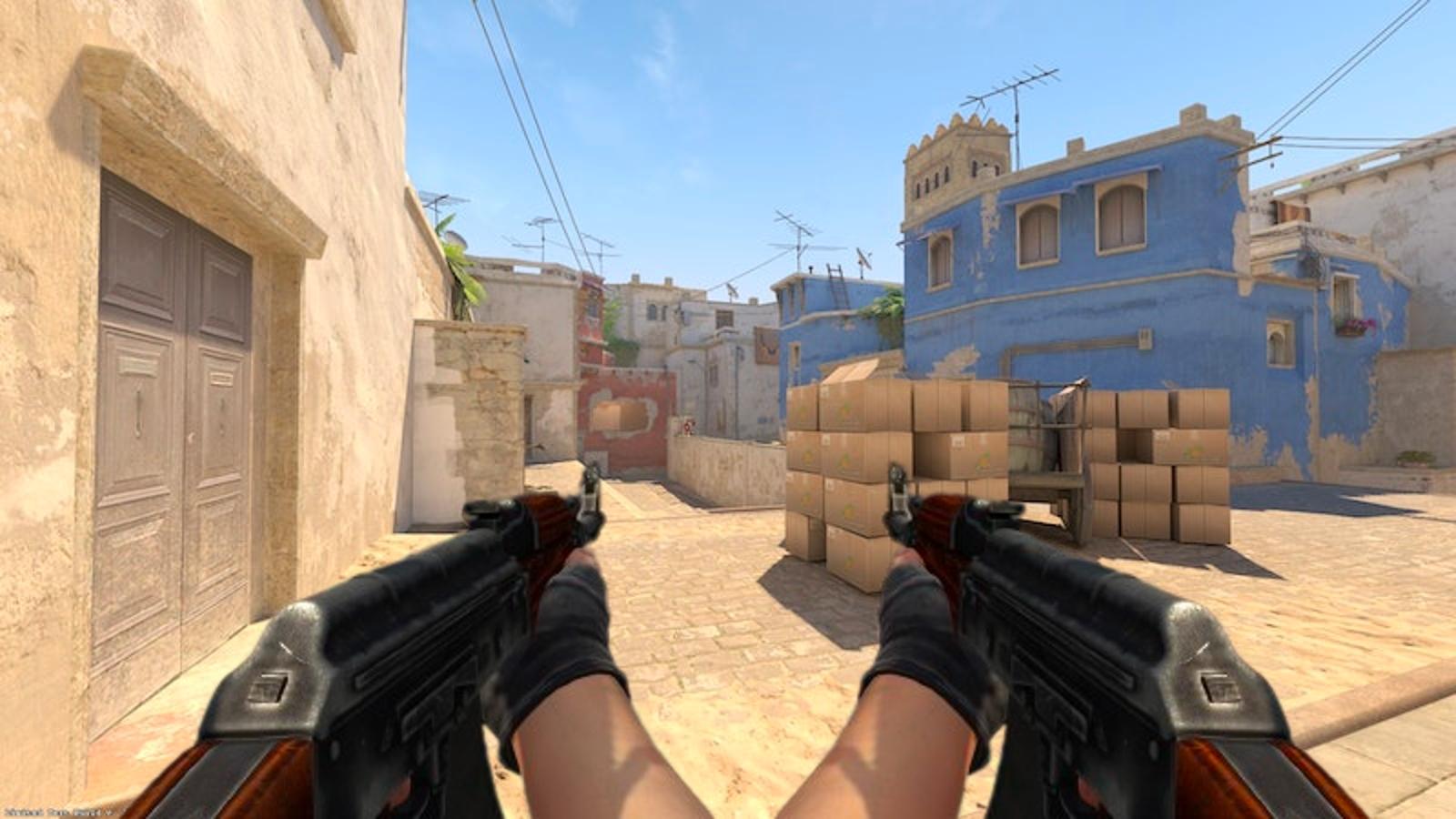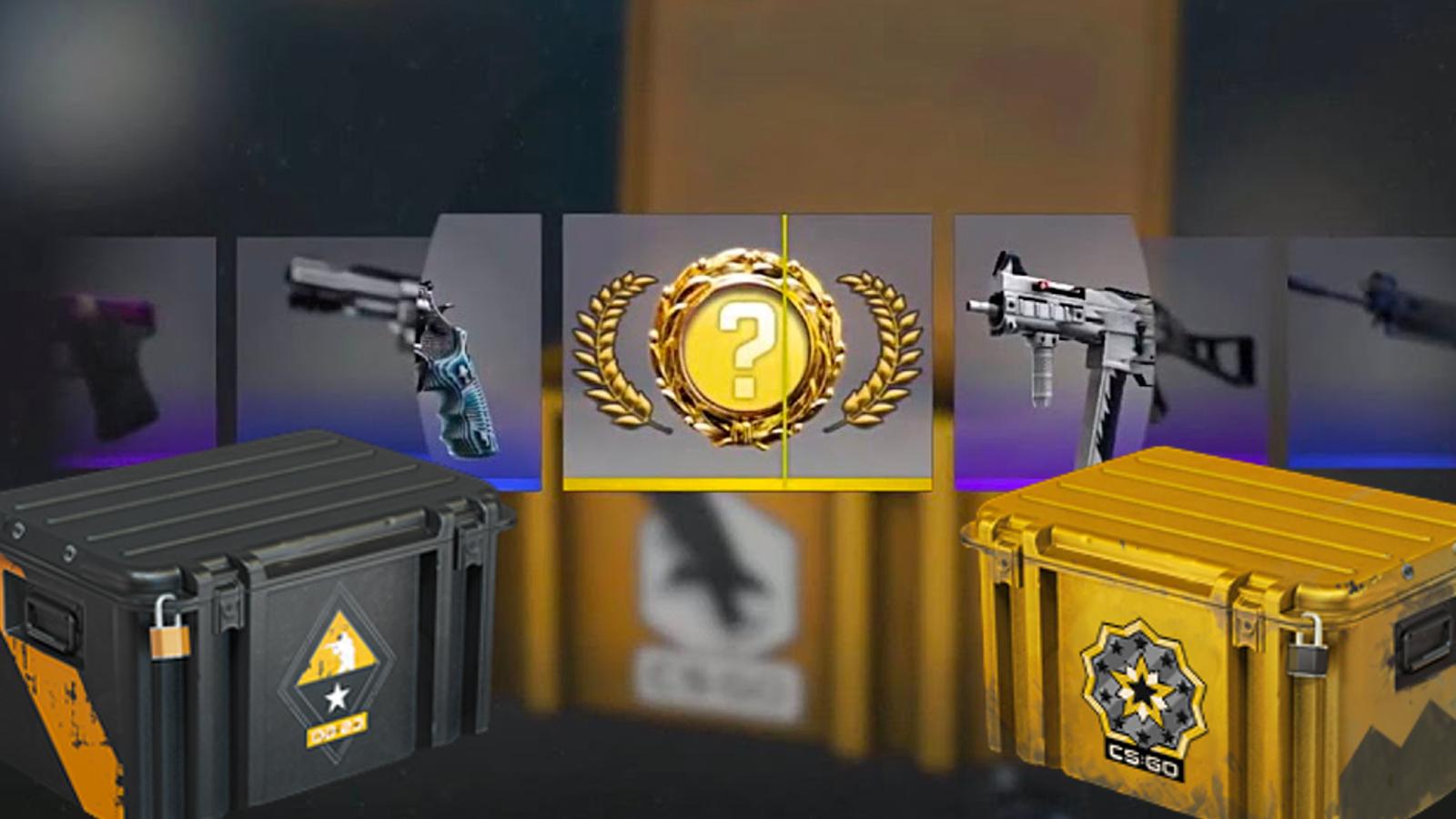Caster Moses explains why CSGO doesn’t have its own International
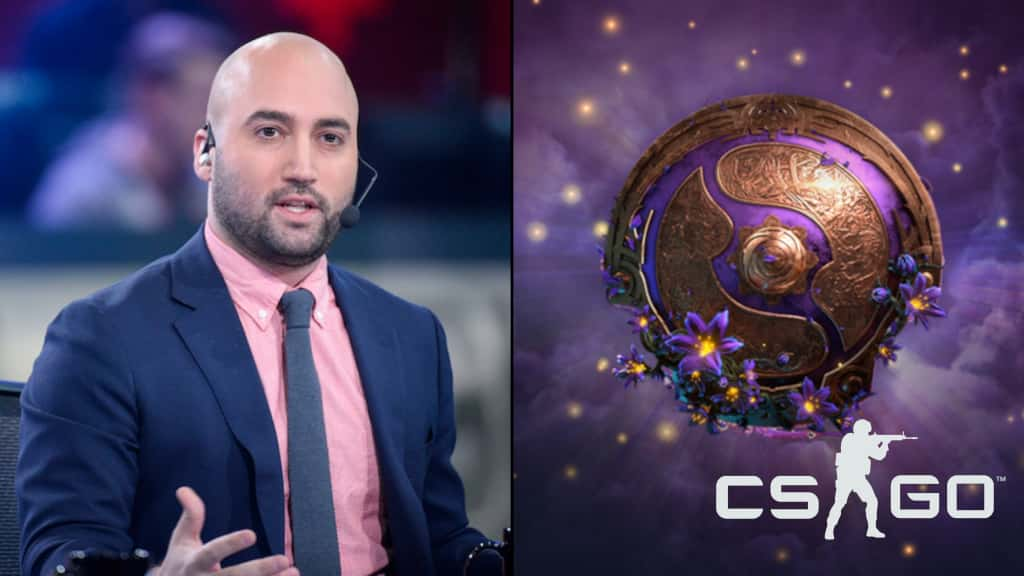
Counter-Strike: Global Offensive caster Jason ‘Moses’ O’Toole has explained why CS:GO doesn’t have its own International-style event like Dota 2, citing differences in developer and player opinions.
Dota 2’s The International is one of the biggest esports events of the year. Every August, regardless of what games people play, millions of people turn their attention towards the crown of Dota 2 and its mega prize purse.
On the other hand, CS:GO trots along, with decently-sized prize pools every few weeks, but nothing major like The International.
While some consider this a blessing, there could have been a world where CS:GO had its own Invitational, according to caster Moses.
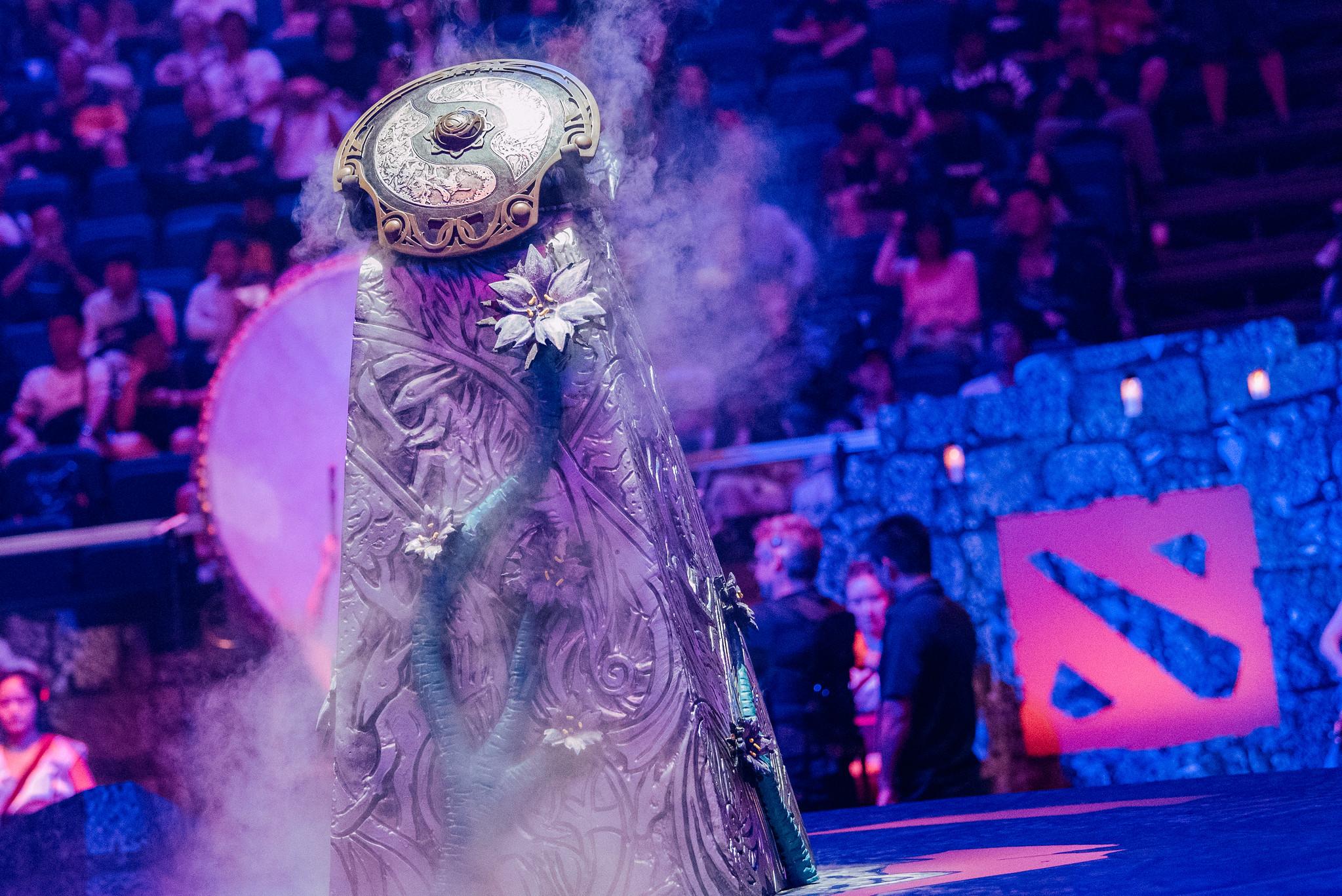 Valve
Valve[ad name=”article1″]
On the Tasteless podcast with Starcraft 2 caster Nick ‘Tasteless’ Plott, Moses explained that CS:GO players had the choice between the International, or a bevy of majors and smaller tournaments held across the year.
“I know we’ve had a couple of conversations with them, especially earlier on in Counter-Strike, about whether we wanted an International, and pretty much unanimously the pros and the people involved in CS esports said no,” he said. “Who knows, that could have been a mistake.”
CS:GO’s tournament format is split between multiple tournament organizers and regions, who try to not step on each other’s toes. With a bulky calendar throughout the year, teams are playing in events, big and small, from January to December.
Can’t view the video? Follow this link and skip to 25:23.
[ad name=”article2″]
Not only that, but the developers in Valve have different takes on how they want to run their games, and their esports scenes.
“One of the philosophies [the pro community] has always been told [is that] devs between Dota and Counter-Strike want to take different approaches and see what does better,” he said.
“They do things pretty different [between Dota 2 and CS:GO]. Dota has way more devs, like three to four times the developers that Counter-Strike has, and that fluctuates as well.”
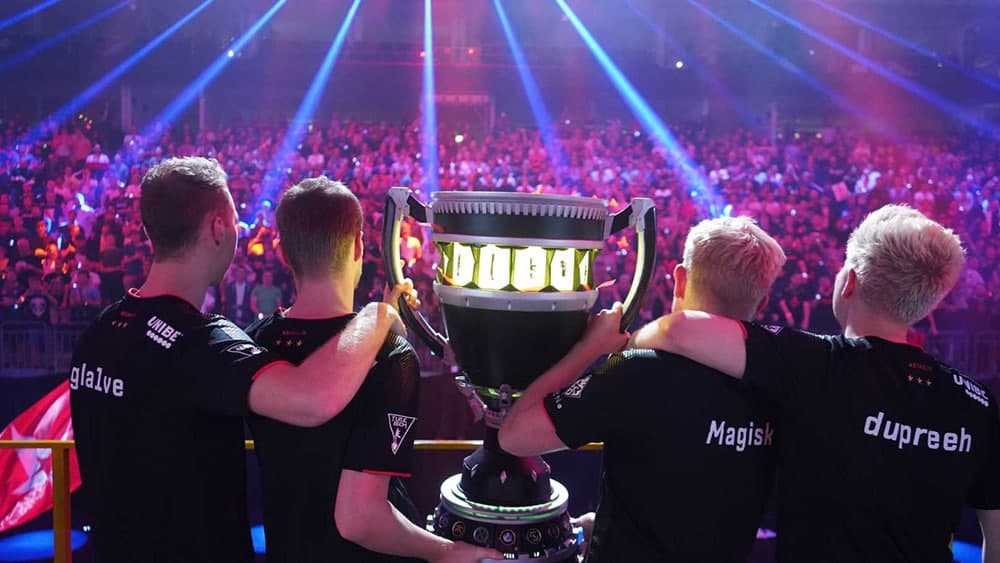 ESL
ESL[ad name=”article3″]
While the Dota 2 system of esports revolves around one major event, thereby giving players more time off, the CS:GO system spreads the load across the year, and doesn’t punish teams as badly for failing to make the International.
At the end of the day though, both esports scenes want to be successful, and both have seemingly done that.
“So, we have different ecosystems, different people working on the games, and different philosophies on how to achieve a similar goal,” he said.
 The International brings big riches to its winners, with TI9 champions OG netting $15,620,181 for their efforts.
The International brings big riches to its winners, with TI9 champions OG netting $15,620,181 for their efforts.[ad name=”article4″]
Whether CS:GO esports would thrive under a Dota 2-esque model no one will really know, but the scene would look vastly different to how it does today.
There’s a chance that Valve might look at changing the model in years down the line, but for now, most are content with the way Dota 2 and CS:GO run their respective esports, and things looked locked in place.
